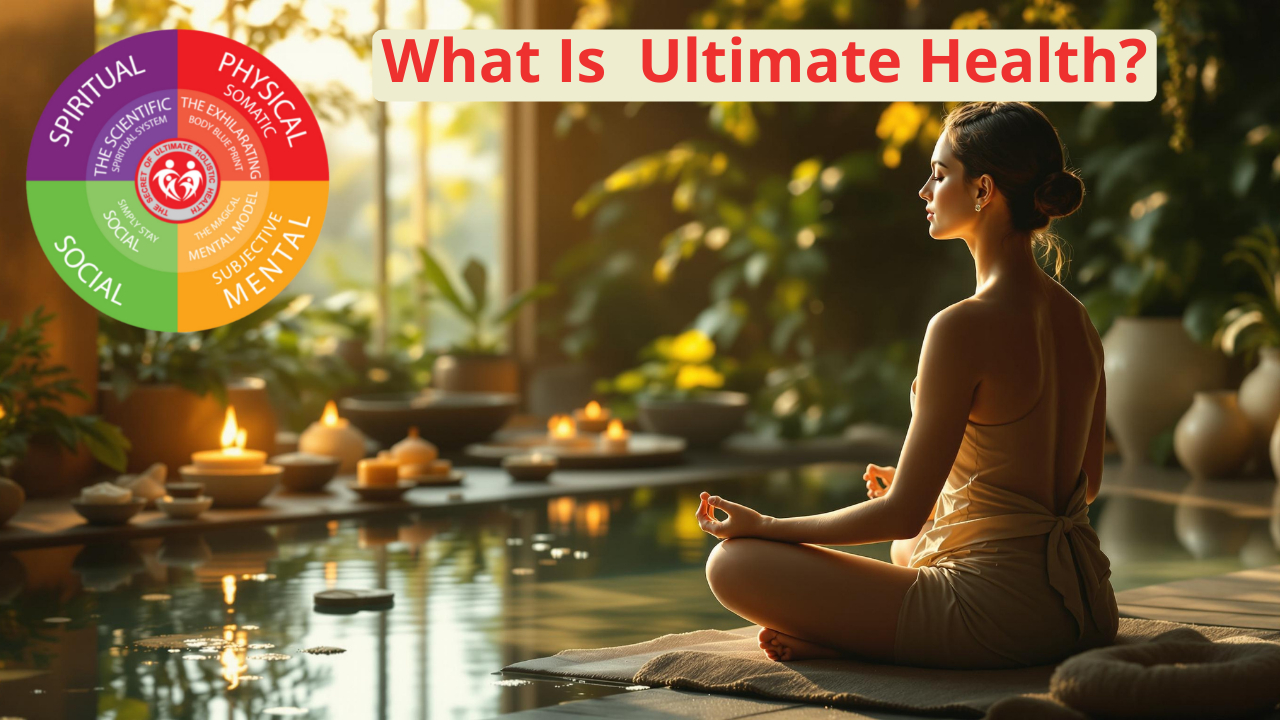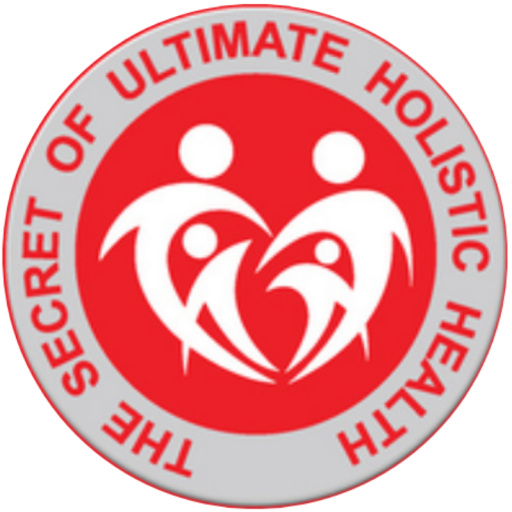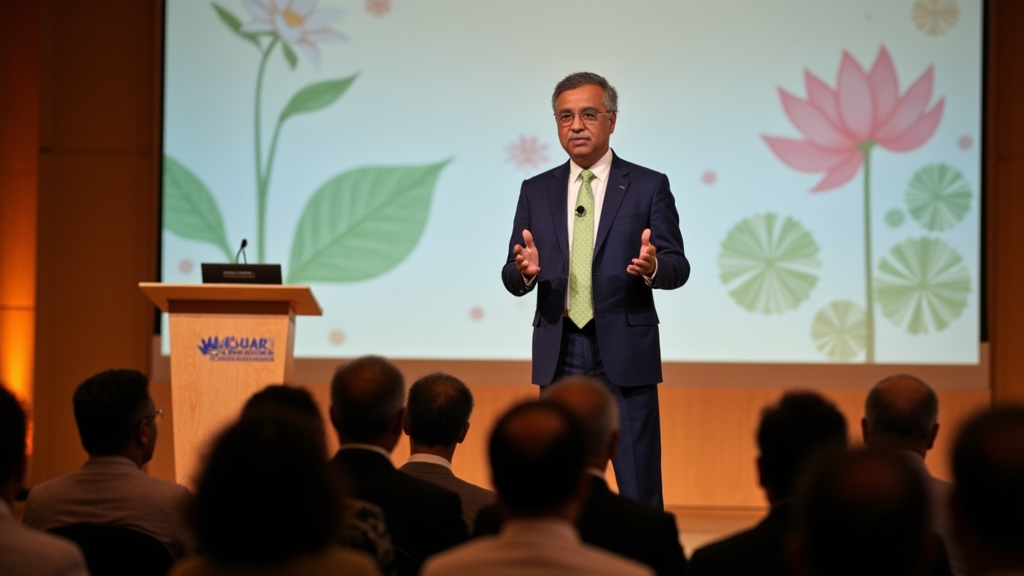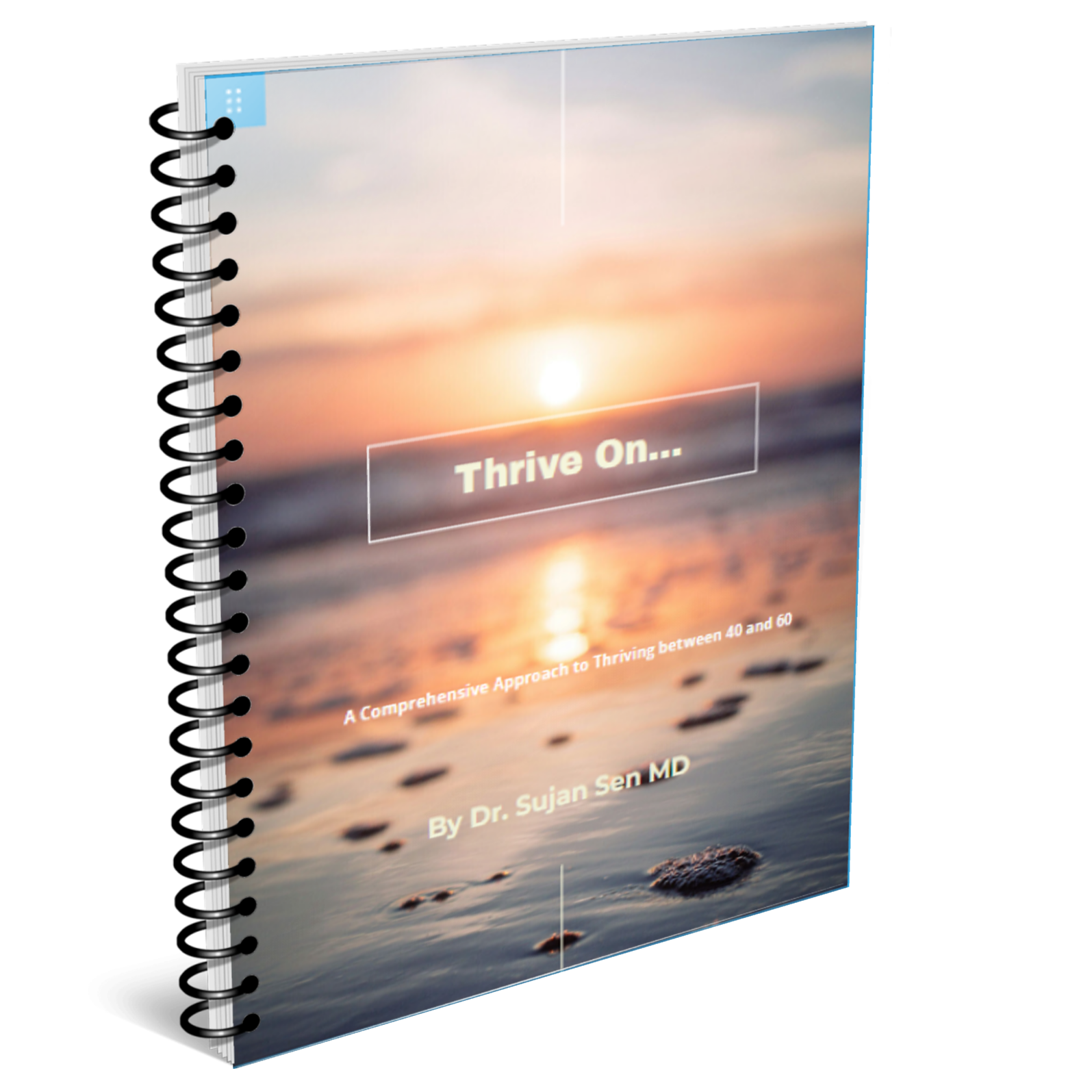What is Ultimate Health?

In the journey towards achieving ultimate health, it is essential to understand that health is not merely the absence of disease but a state of complete physical, mental, social, and spiritual well-being.
As a functional Ayurveda physician and naturopath, my approach to ultimate health encompasses a holistic perspective, integrating various dimensions of health and emphasizing the importance of education, personal responsibility, and community support.
Education and Awareness
Education is the cornerstone of achieving ultimate health.
By developing educational materials, workshops, and seminars, we can empower individuals with the knowledge they need to make informed health decisions.
These educational initiatives focus on the four dimensions of health:
- Physical Health: Understanding the importance of nutrition, exercise, and regular medical check-ups.
- Mental Health: Promoting mental well-being through stress management techniques, mindfulness, and mental health awareness.
- Social Health: Encouraging healthy relationships and community involvement.
- Spiritual Health: Exploring personal beliefs and values, and finding purpose and meaning in life.
Through these educational efforts, we aim to create a well-informed community that values holistic health.
Personal Responsibility
Ultimate health is a personal journey that requires individual responsibility. By emphasizing the role of personal responsibility, we encourage individuals to take charge of their health. This can be achieved through:
- Coaching: Providing personalized guidance and support to help individuals set and achieve their health goals.
- Motivational Materials: Sharing success stories and inspirational content to motivate individuals to adopt healthier lifestyles.
- Success Stories: Highlighting real-life examples of individuals who have improved their health through holistic practices, demonstrating that positive change is possible.
By fostering a sense of personal responsibility, we empower individuals to make lasting changes in their health and well-being.
Health as an Asset
Health is the most valuable asset one can possess. Promoting this idea helps individuals prioritize their health and invest in its maintenance. This can be achieved through:
- Campaigns: Launching public health campaigns to raise awareness about the importance of health.
- Social Media: Utilizing social media platforms to share health tips, success stories, and educational content.
- Community Outreach Programs: Engaging with the community through health fairs, workshops, and seminars to promote healthy living.
By viewing health as an asset, individuals are more likely to take proactive steps to maintain and improve their well-being.
Support for Common Health Issues
Many individuals face common health issues such as depression, anxiety, stress, obesity, insomnia, high blood pressure, and diabetes. Offering programs and resources specifically designed to address these issues is crucial. This can include:
- Online Courses: Providing educational courses on managing common health issues through holistic practices.
- Support Groups: Creating support groups where individuals can share their experiences and receive encouragement from others facing similar challenges.
- Personalized Holistic Health Plans: Developing individualized health plans that incorporate diet, exercise, stress management, and complementary therapies.
By offering targeted support, we can help individuals manage their health issues more effectively and improve their overall quality of life.
Lifestyle and Health Education
Lifestyle choices have a significant impact on health. Creating content and programs that highlight the connection between lifestyle and health can guide individuals towards making healthier choices. This can involve:
- Partnerships with Schools: Collaborating with educational institutions to integrate health education into the curriculum.
- Workplace Wellness Programs: Implementing wellness programs in workplaces to promote healthy habits among employees.
- Community Organizations: Working with community organizations to provide health education and resources to the public.
By educating individuals about the impact of their lifestyle choices, we can encourage healthier behaviors and improve community health.
Early Health Education
Instilling healthy habits from an early age is essential for long-term well-being. Advocating for the inclusion of health education in early childhood can set the foundation for a healthy life. This can involve:
- Educational Institutions: Partnering with schools to incorporate health education into the curriculum.
- Parenting Resources: Providing resources and support to parents to help them teach their children about healthy habits.
By focusing on early health education, we can help children develop the knowledge and skills they need to lead healthy lives.
Scientific Evidence for Complementary Therapies
Complementary therapies play a vital role in holistic health. Conducting and promoting research studies on the efficacy of these therapies can help validate their benefits and integrate them into mainstream healthcare. This can be achieved through:
- Collaborations with Universities: Partnering with academic institutions to conduct research on complementary therapies.
- Research Institutions: Working with research organizations to study the effectiveness of holistic health practices.
By building a strong evidence base, we can promote the acceptance and use of complementary therapies in healthcare.
Training Holistic Health Practitioners
To meet the growing demand for holistic health services, it is essential to train qualified practitioners. Developing certification, diploma, and degree courses can help achieve this goal. This can be done through:
- Online Platforms: Offering online courses and training programs for aspiring holistic health practitioners.
- Workshops: Conducting hands-on workshops to provide practical training.
- Educational Institutions: Partnering with universities and colleges to offer accredited programs in holistic health.
By training skilled practitioners, we can ensure that individuals have access to high-quality holistic health services.
Self-Help Guides
Self-help guides are valuable resources for individuals seeking to manage their health issues independently. Publishing guides that provide practical advice and holistic approaches can empower individuals to take control of their health. These guides can cover topics such as:
- Diet and Nutrition: Offering dietary advice and healthy recipes.
- Exercise and Fitness: Providing exercise routines and fitness tips.
- Stress Management: Sharing techniques for managing stress and improving mental well-being.
By making self-help guides available, we can support individuals in their journey towards better health.
Building a Multidisciplinary Team
Comprehensive care requires a team of practitioners from various disciplines. Assembling a multidisciplinary team can provide individuals with holistic and well-rounded care. This team can include:
- Traditional Medicine Practitioners: Doctors and nurses who provide conventional medical care.
- Alternative Therapies: Practitioners of Ayurveda, naturopathy, acupuncture, and other complementary therapies.
- Psychologists: Mental health professionals who offer counseling and therapy.
- Wellness Coaches: Coaches who provide guidance on lifestyle changes and health goals.
By working together, this team can offer comprehensive care that addresses all aspects of health.
Regular Publications
Keeping the community informed and engaged is essential for promoting holistic health. Producing a newsletter or magazine that shares the latest research findings, success stories, and health tips can help achieve this. These publications can include:
- Research Updates: Summarizing recent studies on holistic health practices.
- Success Stories: Highlighting individuals who have achieved ultimate health through holistic practices.
- Health Tips: Providing practical advice on maintaining and improving health.
By regularly publishing informative content, we can keep the community engaged and motivated to pursue holistic health.
Affordable Services
Ensuring that holistic health services are accessible and affordable is crucial for reaching a wide range of people. This can be achieved through:
- Sliding Scale Fees: Offering services on a sliding scale based on income.
- Online Programs: Providing online courses and resources that are affordable and accessible.
- Community Outreach Initiatives: Engaging with underserved communities to provide health education and services.
By making services affordable, we can ensure that everyone has the opportunity to achieve ultimate health.
Conclusion
Achieving ultimate health is a holistic journey that requires education, personal responsibility, community support, and access to comprehensive care.
By promoting the four dimensions of health, emphasizing the value of health as an asset, and providing targeted support for common health issues, we can empower individuals to take control of their well-being.
Through early health education, scientific research, and the training of holistic health practitioners, we can build a healthier and more informed community.
Ultimately, by making holistic health services accessible and affordable, we can ensure that everyone has the opportunity to achieve ultimate health.


